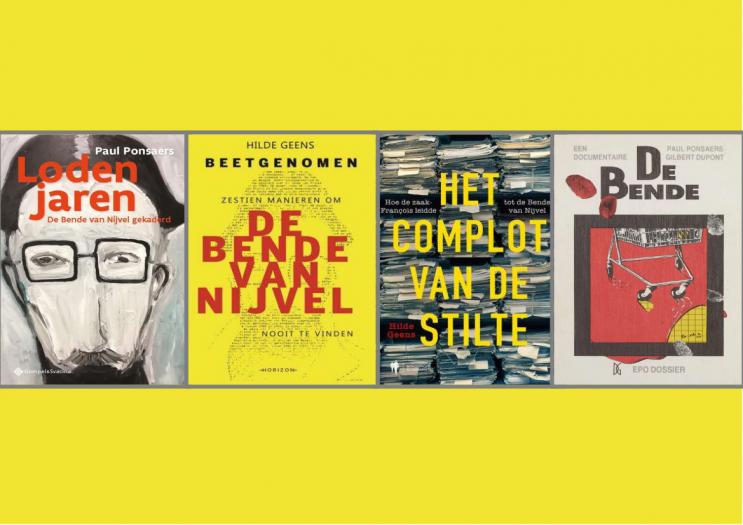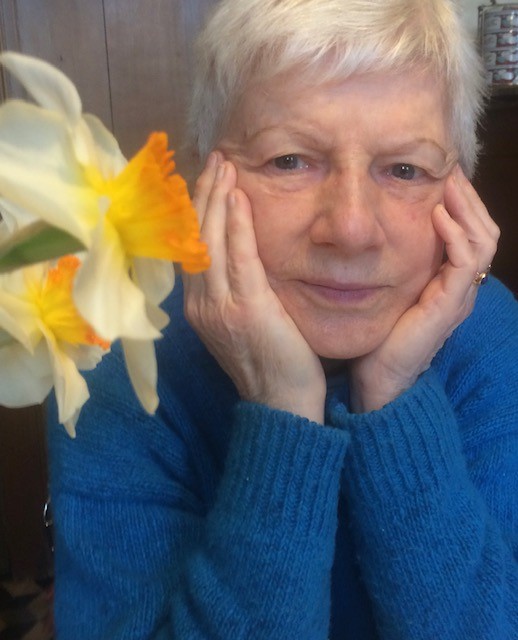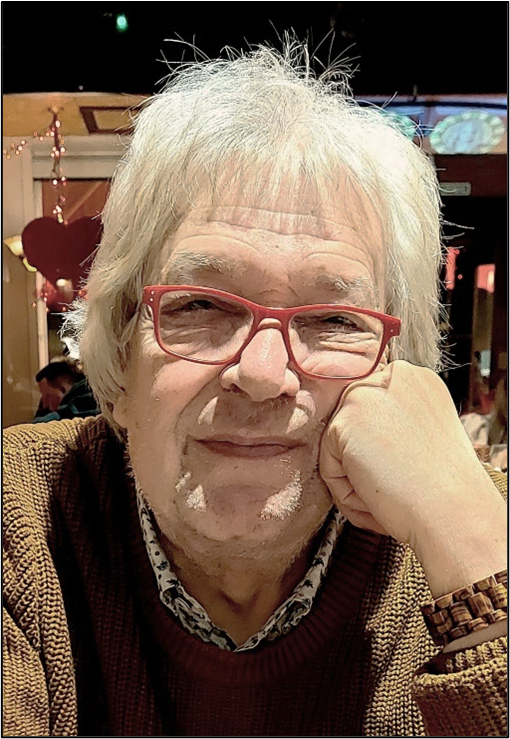De Bende van Nijvel. De feiten, het onderzoek, de toekomst. (The 'Nijvel Gang'. The facts, the investigation, the future.)
Public History Meetings of CegeSoma (2023-4) - Invitation of the NPO 'The Friends of CegeSoma'.

Lecture with debate (in Dutch) ; invitees: Hilde Geens & Paul Ponsaers.
Debate moderated by Rudi Van Doorslaer
Invited guests are two Flemish specialists: journalist Hilde Geens and UGent professor and criminologist Paul Ponsaers. Since the 1980s, they have both followed this case closely and also devoted several publications to it. Moderator of the debate is former CegeSoma director Rudi Van Doorslaer. They will discuss the following questions: what do we actually know? What can be said about the judicial enquiry? Is there still a future for the investigation?
 Hilde Geens graduated as an interpreter in English and German. Retired since July 2005, she worked as a journalist for Knack, De Zwijger, Trends, Humo and Vrij Nederland, among others. For decades, she immersed herself in the case of the Nijvel Gang. With an impressive tenacity, she dug into police reports and archives and interviewed scores of key witnesses. In 2013, she published the result of her research in Beetgenomen. In this first book she concludes, like the investigators, to be nowhere after thousands of pages of reading. In 2022, she presented a new part of her research in Het complot van de stilte, in which. In it, she makes connections between the case of the gendarmerie commandant Léon François (involved in international drug trafficking) and the Brabant Killers.
Hilde Geens graduated as an interpreter in English and German. Retired since July 2005, she worked as a journalist for Knack, De Zwijger, Trends, Humo and Vrij Nederland, among others. For decades, she immersed herself in the case of the Nijvel Gang. With an impressive tenacity, she dug into police reports and archives and interviewed scores of key witnesses. In 2013, she published the result of her research in Beetgenomen. In this first book she concludes, like the investigators, to be nowhere after thousands of pages of reading. In 2022, she presented a new part of her research in Het complot van de stilte, in which. In it, she makes connections between the case of the gendarmerie commandant Léon François (involved in international drug trafficking) and the Brabant Killers.
 Paul Ponsaers holds a degree in sociology and a PhD in criminology from KULeuven. He worked as a journalist for the newspaper De Morgen, where he was mainly involved in the investigation of the Nijvel Gang. In 1988 he wrote the first book on the subject, De Bende. Een documentaire. He then became head of division within the General Police Support Service (APSD/SGAP). From 1998 to 2012 he was a professor at the University of Ghent, in the department of criminal law and criminology. He taught 'police studies', 'sociology of law' and 'methods and techniques of criminological research'.
Paul Ponsaers holds a degree in sociology and a PhD in criminology from KULeuven. He worked as a journalist for the newspaper De Morgen, where he was mainly involved in the investigation of the Nijvel Gang. In 1988 he wrote the first book on the subject, De Bende. Een documentaire. He then became head of division within the General Police Support Service (APSD/SGAP). From 1998 to 2012 he was a professor at the University of Ghent, in the department of criminal law and criminology. He taught 'police studies', 'sociology of law' and 'methods and techniques of criminological research'.
Since 2012 he is professor emeritus at UGent. Today, he is mainly interested in the different forms of political violence. In 2018 he wrote the book Loden jaren. De Bende van Nijvel gekaderd.